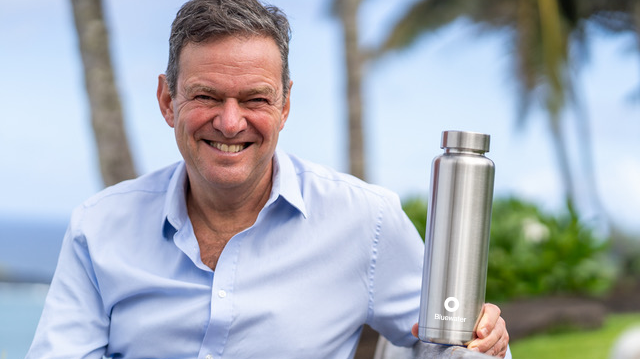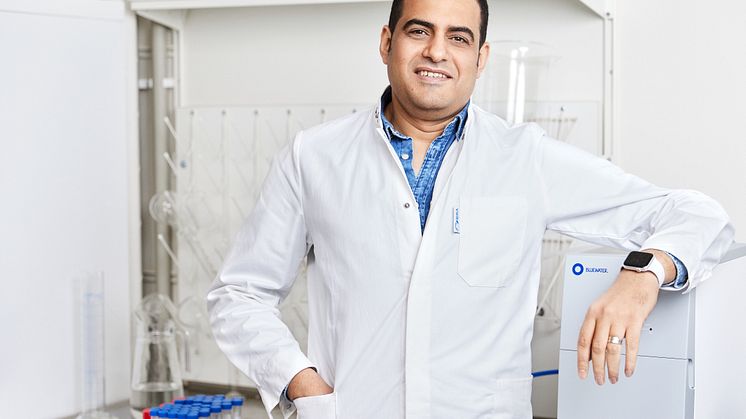
Blog post -
Forget Singing in the Rain — You’re Breathing Plastic With Every Drop
Jakarta’s skies, like so many megacities around the world, are raining microplastics, a sober warning that pollution has come full circle.
Rain used to mean renewal, the earth rinsing itself clean. But new research from Indonesia’s National Research and Innovation Agency (BRIN) delivers a sobering twist to that idea: the rain falling over Jakarta, a city of more than 10 million people, is awash in microplastics.
Every sample of rainwater collected since 2022 contained invisible threads and fragments of plastic – polyester from clothing, particles from car tires, and dust from burned waste.
“The plastic cycle doesn’t stop in the ocean,” said BRIN researcher Muhammad Reza Cordova. “It rises into the sky, travels with the wind, and falls back to earth with rain.”
Jakarta’s discovery isn’t isolated. Microplastics have been detected in rainfall across London, Paris, New York, Tokyo, and even the Pyrenees mountains. The same particles we discard daily are now drifting thousands of kilometres through the atmosphere, reminding us that pollution doesn’t stay local — it travels, it circulates, and it always finds its way back.
Scientists are finding these plastics not only in water and soil but also in human blood, lungs, and placental tissue. Research from The Lancet Planetary Health and Environmental Science & Technology links microplastic exposure to inflammation, hormonal disruption, and cardiovascular stress. These particles also carry toxic chemicals such as BPA, phthalates, and heavy metals, turning the air we breathe into an invisible cocktail of pollutants.
At Bluewater, we consider studies like BRIN’s a global wake-up call –and a reminder that clean water is no longer a given. Our SuperiorOsmosis™ purification technology, independently verified at Sweden’s KTH Royal Institute of Technology, removes microplastics, PFAS “forever chemicals,” and other invisible contaminants right at the tap.
Access to pure water should be a fundamental human right, even in a world where the rain itself is no longer pure.

The truth is, we’ve already changed the weather through climate change, pollution, and everyday habits that seem small but add up fast. Yet, says Bluewater founder, CEO, and leading Swedish ecopreneur Bengt Rittri, we still have the power to decide what kind of world those changes create.
“By reducing single-use plastics, recycling responsibly, supporting clean water innovations, and choosing refills over bottled water, we can slow the damage and begin to repair what’s been lost” Rittri believes.
“If even the rain isn’t clean anymore, then the work of healing our planet begins closer than we think — in our homes, in our habits, and at the tap.”


